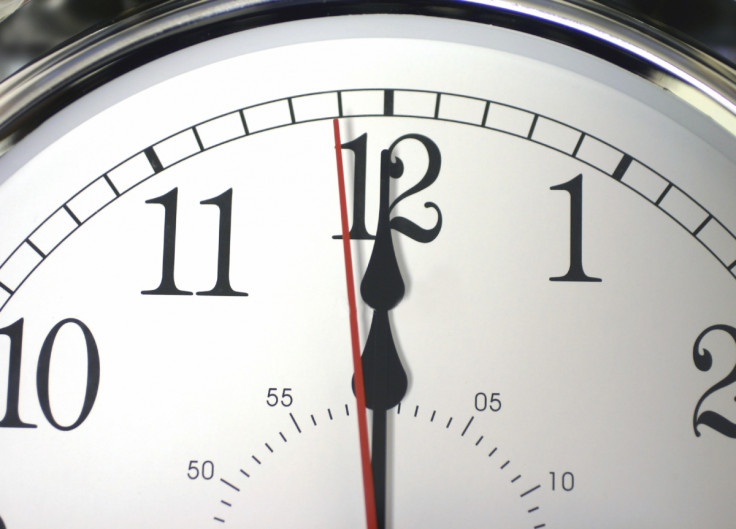What's the point of the clocks going back – is Daylight Saving Time an outdated tradition?
Here are the pros and cons of having British Summer Time year-round.

Clocks in the UK will go back one hour on Sunday 30 October, reducing the daylight in the evenings but extending it in the mornings.
The clocks change at 2am on the last Sunday of October, bringing an end to Daylight Saving Time, otherwise known as British Summer Time. When the clocks go back, the UK is back on Greenwich Mean Time.
The idea for a British Summer Time (BST) was first put in motion by the Summer Time Act in 1916, after a campaign by a builder called William Willett. Reportedly irritated with the wasting of daylight in the early mornings of summer, he suggested the change in 1907 in a pamphlet.
Although we have changed our clocks for decades, some argue we should stick to British Summer Time all-year round. Here are some of the pros and cons of using BST all-year round.
What are the pros of BST all-year round?
Save on electricity bills: Researchers at the University of Cambridge found an extra daily hour of sunlight in winter evenings could save £485m ($744m) each year in electricity bills, as people use less light and heating.
Good for your mental health: Proponents say lighter evenings would be beneficial for physical and psychological health, particularly in terms of relieving the symptoms of Seasonal Affective Disorder (SAD).
Prevent traffic accidents: The AA backs the campaign for BST to be employed all year round to reduce road traffic accidents, as its research estimates around 100 lives would be saved each year by preventing accidents in the dark evenings.
European time: Moving the clocks permanently forward by an hour would bring Britain in line with Central European Time, which means the UK would have the same business hours as other European cities.
Tourism boost: Research by the Policy Studies Institute in 2008 suggested keeping BST throughout the year would lead to a substantial financial boost to the tourism industry, by extending the part of the tourist season that is dependent upon daylight hours.
What are the cons of BST all-year round?
Scotland: Politicians have warned the sun would not rise until 10am in parts of Scotland. Alex Salmond once called the campaign an attempt to "plunge Scotland into morning darkness".
Good for morning people: Those who rise early for work will benefit from the brighter mornings after changing the clocks.
Safety in the morning: Safety is also a concern, as critics say those walking to work on a dark morning could face higher risks of accidents.
© Copyright IBTimes 2025. All rights reserved.





















